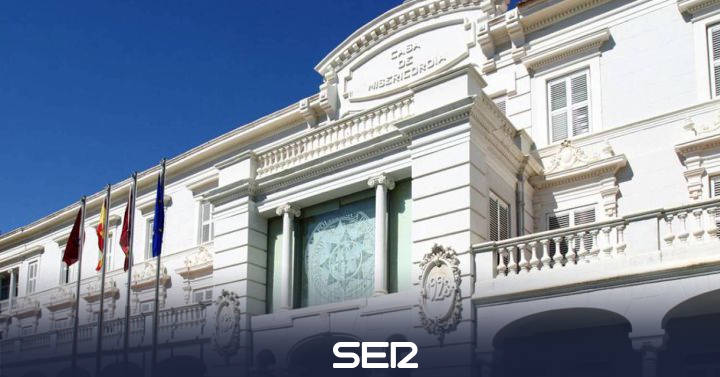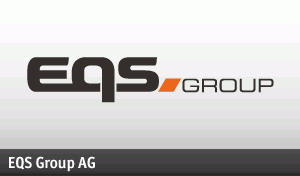At present, employers can provide their employees with a meal allowance in basically two ways, either in the form of meal vouchers or by providing preferential company meals. According to the explanatory memorandum to the amendment of the Income Tax Act (Parliamentary Press No. 910), the total number of employees in the Czech Republic in 2019 reached approximately 4.4 million. Of this, approximately 1.8 million have company meals available and approximately 1.5 million receive meal vouchers.
Proponents of meal vouchers often say that the flat rate will lead to the demise of canteens. By contrast, most restaurants (at least according to the latest surveys) supports the meal voucher.
However, MPs meal voucher, which companies will be able to give to employees as a non – taxable amount instead of meal vouchers, they approved.
Tax deductibility on the part of the employer
On the part of the employer, the expenditure will be the value of the provided financial contribution without restrictions (similar to the wage cost). The restriction is only for exemption on the part of the employee. However, if the employer continues to provide meal vouchers, expenses for them will be eligible, as they do today, up to 55% of the price of food per shift according to the Labor Code, up to a maximum of 70% of the upper limit of meal allowances for business trips lasting 5 to 12 hours.
It is for these reasons that the meal voucher package could easily become a tool for tax optimization. This is an extremely advantageous measure for both employees and employers. Some economists warn that in many cases it will become “part of the remuneration” of employees. Employees will still receive the same net payments (ie including a meal voucher), but the meal allowance will not be a salary or wage. For example, it will not be included in the average earnings for compensation for obstacles at work or the assessment basis for the calculation of sickness benefits.
–
–


